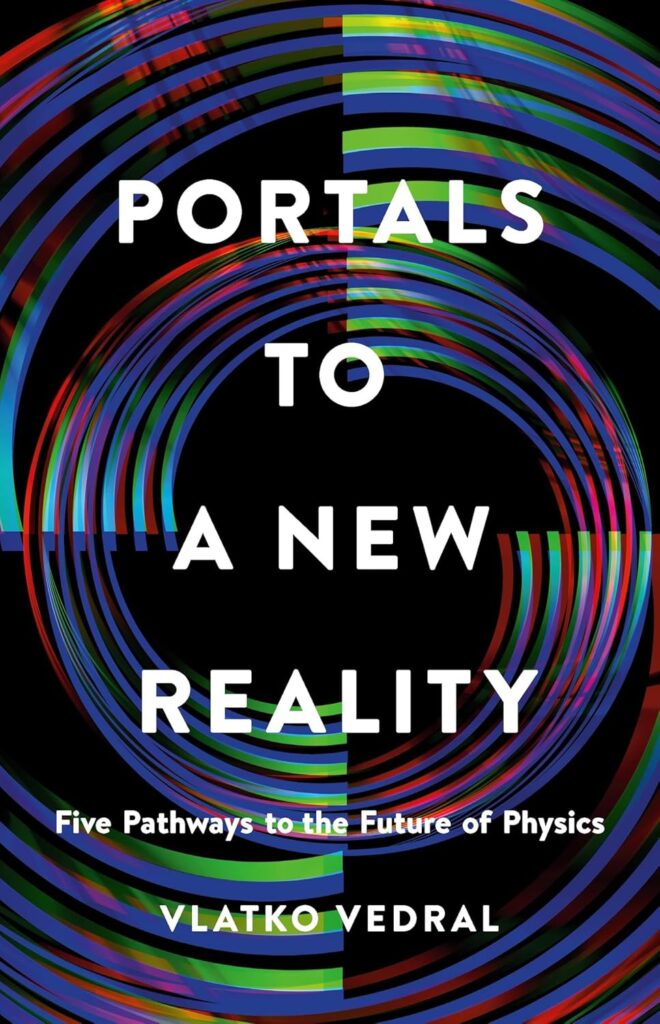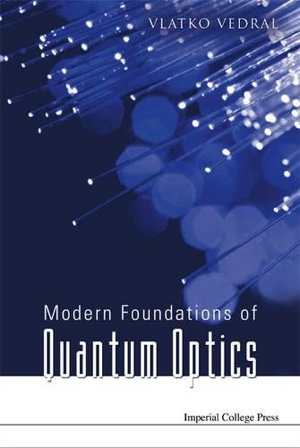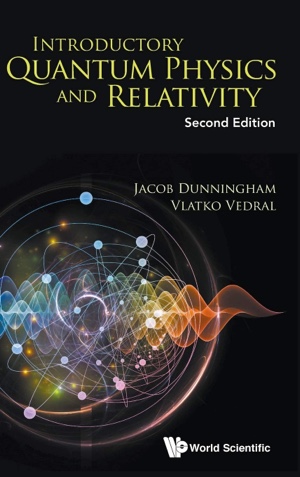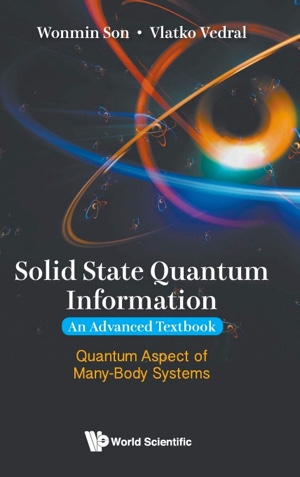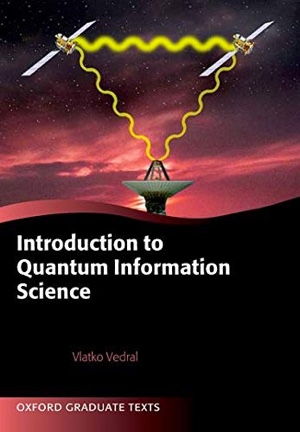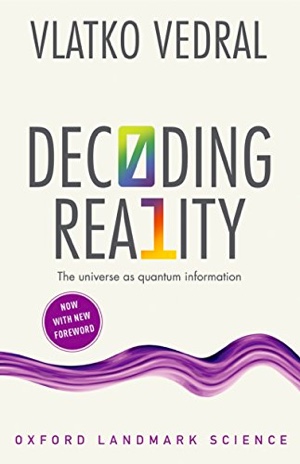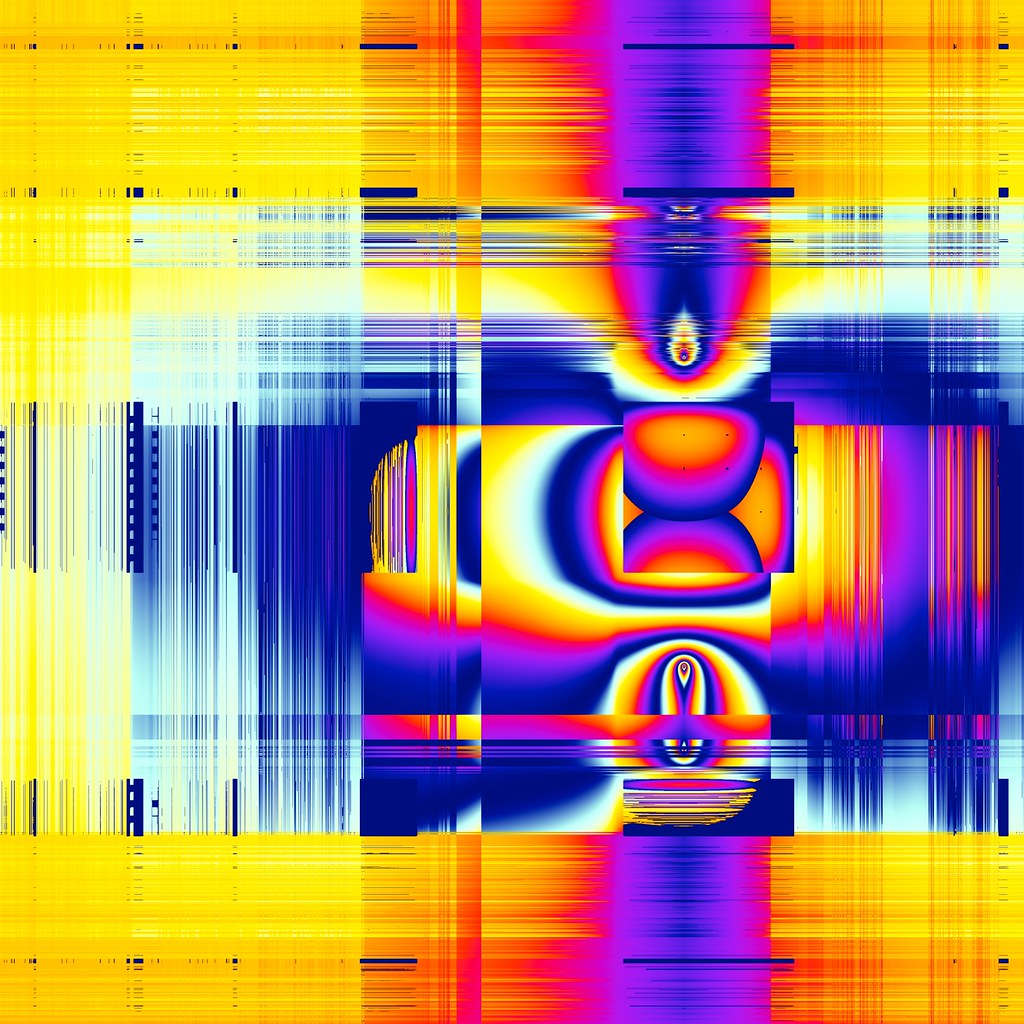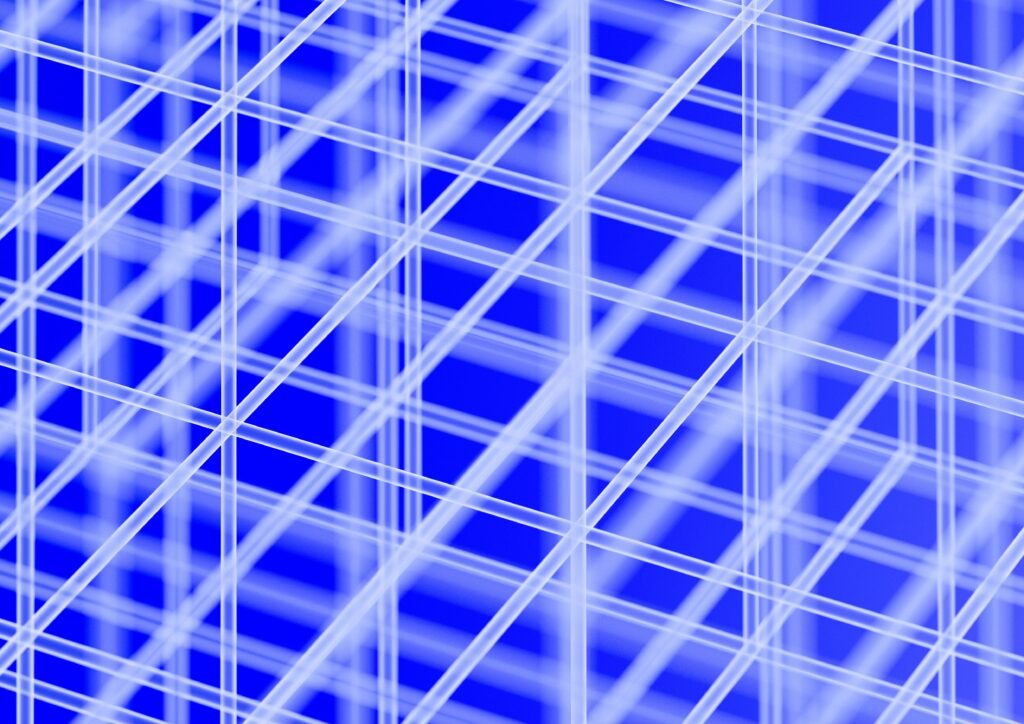In Print
A collection of my most cited research papers, and a selection of my books.
My Research
Sorry, we couldn't find any posts. Please try a different search.
ASK ME ANYTHING!
If you'd like to ask me a question or discuss my research then please get in touch.
